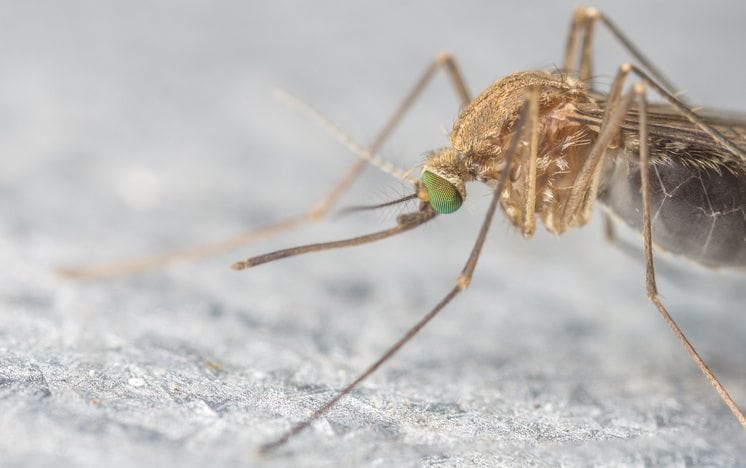On its way to becoming a pandemic, Zika spent much of its first 60 years as a relatively isolated, innocuous virus that usually caused only mild, easily treatable illness. So what happened between its discovery in 1947 in Uganda and the 2016 Olympics, when male Australian Olympians are being sent to the 2016 Games in Brazil equipped with Zika-proof condoms?
https://soundcloud.com/hartford-healthcare/the-facts-about-zika
Zika changed. After close to four decades of infections limited mostly to Africa and Asia, Zika in 2007 infected close to three-quarters of the population of Micronesia in the Western Pacific. Soon, the virus moved across the Pacific as a much more dangerous threat to pregnant women and their fetuses. Guillain-Barre syndrome, a neurological disorder, was linked to Zika infections in 2007 in French Polynesia.
In mid-2015, Zika reached Brazil. The Centers for Disease Control and Prevention earlier this year identified Zika as the cause of Brazil’s sudden rise of microcephaly, a birth defect that affects brain development.
Early Zika warnings cautioned travelers to Central America and South America, but the CDC now reports local mosquito-borne transmission of the virus in Puerto Rico, the U.S. Virgin Islands and American Samoa.
No one has been infected with the Zika virus while in the United States.
“And for the average American not traveling, you do not need to worry,” says Dr. Jack Ross, chief of infectious disease at Hartford Hospital.
Eventually, infectious-disease experts say, Zika will reach the United States when one of the 40 million or so Americans traveling to countries with a known Zika presence is infected, then returns home and is bitten by a mosquito than can spread disease. (Do your part this summer by limiting mosquito breeding areas on your property.)
Still wondering about the Zika-proof condoms? The Aussies will be outfitted with Ansell’s Dual Protect condoms, lubricated with Starpharma’s VivaGel that, laboratory studies have shown, protects against Zika and other viruses.
As it is, planners will make the Olympic village flush with protection (though not necessary against Zika) for the world’s incoming athletes: Free dispensing machines will be on every block with 350,000 male condoms and 100,000 female condoms.
Watch this video about Zika basics:

